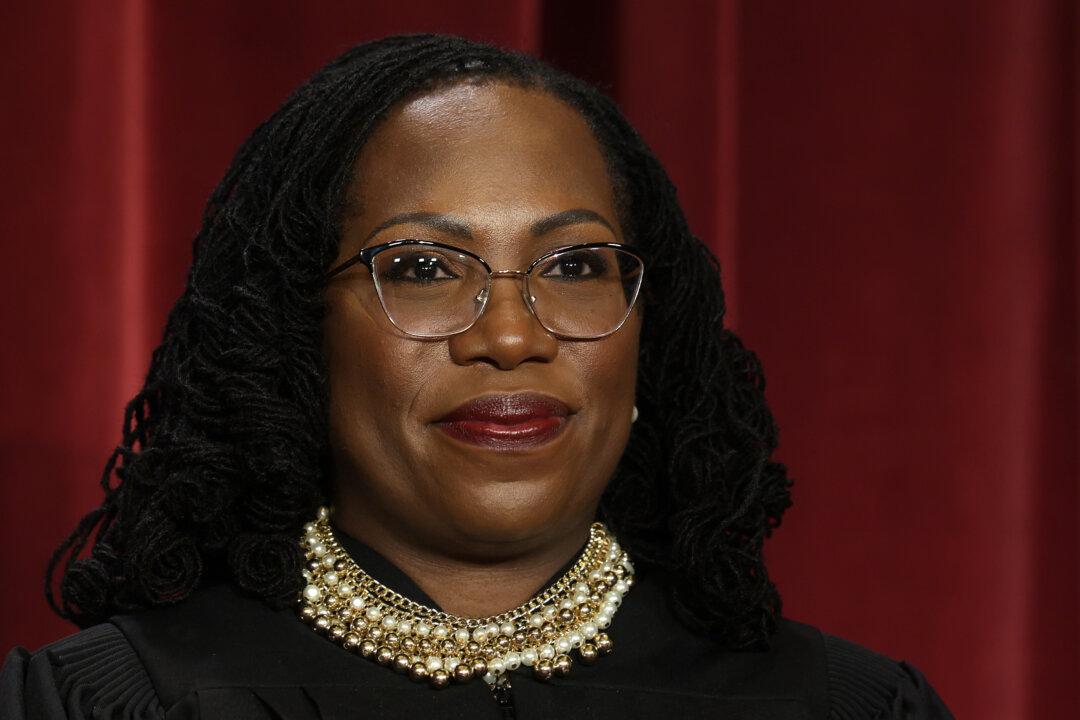The Judicial Conference of the United States said on Jan. 2 that it is not referring U.S. Supreme Court Justices Ketanji Brown Jackson and Clarence Thomas to the U.S. Department of Justice (DOJ), rejecting complaints from a former government official and two U.S. senators.
Russ Vought, who led the White House Office of Management and Budget during President-elect Donald Trump’s administration and is set to lead the office again, filed the complaint against Jackson. He alleged that Jackson violated ethics rules by failing to disclose income that her husband generated as part of his medical malpractice work and may have failed to report private funding for a celebration held after she was confirmed as a Supreme Court justice.





